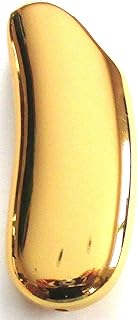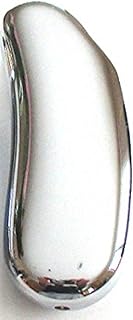Safety Concerns:
* Fire Hazard: Lighters are designed to produce an open flame, which can easily cause fires if not used carefully.
* Burns: Accidental contact with the flame or the hot lighter itself can lead to severe burns.
* Children and Pets: Lighters are dangerous for children and pets, who can be easily injured.
* Explosions: Lighters can explode if they are dropped or damaged, especially in hot environments.
Alternative Options:
* Matches: Matches are a safer alternative to lighters, as they do not have a continuous flame.
* Electronic lighters: Electronic lighters are safer than traditional lighters because they don't use an open flame and are less likely to cause burns.
* Firestarters: Firestarters are designed to be safe and convenient for starting fires.
When is it okay to use a BIC lighter?
* Occasional Use: For occasional tasks like lighting candles or starting a small campfire, a BIC lighter can be used safely if proper precautions are taken.
* Emergency Situations: In emergency situations, a BIC lighter can be used for signaling or providing light.
Important Precautions:
* Keep lighters away from children and pets.
* Use lighters in a well-ventilated area.
* Never leave a lighter unattended.
* Do not use lighters near flammable materials.
* Keep lighters out of direct sunlight or extreme temperatures.
Overall, while BIC lighters can be useful in some situations, they should not be considered a safe alternative for everyday use. It is always best to prioritize safety and choose safer alternatives when possible.


